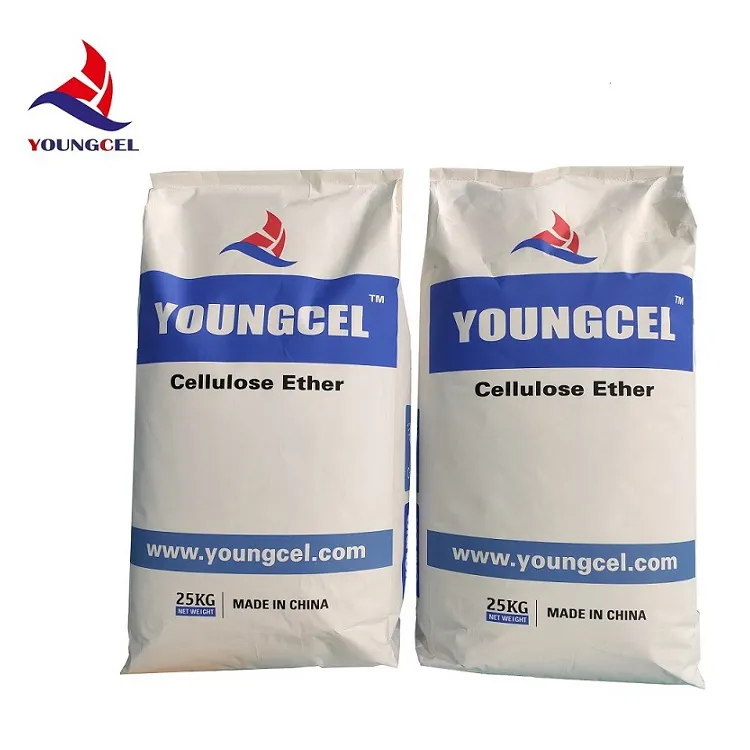RDP for Ceramic Tile Adhesive Enhancing Performance through Polymer Technology
The construction and renovation industry continually seeks innovative solutions to improve the quality, efficiency, and longevity of building materials. One such innovation is the use of Redispersible Polymer Powders (RDP) in ceramic tile adhesives. RDPs are invaluable in enhancing adhesive performance, providing benefits that cater to both professionals and DIY enthusiasts alike.
Understanding RDP
Redispersible Polymer Powder is a dry, free-flowing powder that can be easily redispersed in water. Composed of various polymers, such as vinyl acetate-ethylene (VAE) copolymers, RDPs offer several functional properties when mixed into adhesives. They deliver excellent bonding strength, flexibility, and water resistance, which are crucial characteristics for tile adhesives used in various environments, from homes to commercial areas.
Bonding Strength and Flexibility
One of the primary advantages of incorporating RDP into ceramic tile adhesives is the enhancement of bonding strength. Traditional cement-based adhesives often struggle with flexibility, especially in environments where materials expand and contract due to temperature fluctuations. RDP-modified adhesives, however, provide the necessary elasticity to withstand movement without cracking or losing adhesion over time. This flexibility is critical for applications on substrates that are prone to shifting, such as wooden floors or walls not built to industry standards.
Improved Workability
RDPs also improve the workability of tile adhesives. They allow for easier manipulation and application of the adhesive, which is a significant benefit for tile layers during installation. The creamy consistency of RDP-enhanced adhesives enables superior troweling and spreading, ensuring that the adhesive covers the tile surface evenly. This leads to better contact between the tile and the substrate, reducing the risk of air pockets that can compromise adhesion longevity.
Water Resistance and Durability
rdp for ceramic tile adhesive

Ceramic tiles are often used in areas exposed to moisture, such as bathrooms and kitchens. RDPs increase the water resistance of adhesive formulations, helping to prevent water penetration that could lead to mold growth or degradation of the substrate. The hydrophobic nature of RDPs creates a protective barrier, enhancing the waterproof properties of tile adhesives. Furthermore, RDP-modified adhesives exhibit improved durability under varied environmental conditions, making them suitable for both interior and exterior applications.
Compatibility with Various Substrates
An additional advantage of RDPs in ceramic tile adhesives is their compatibility with a wide range of substrates. Whether it’s concrete, gypsum board, or cement backer board, RDP-modified adhesives perform excellently across diverse surfaces. This versatility makes them a preferred choice for tile installers, as they can confidently use the same product in various settings without compromising on performance.
Sustainable Building Practices
In an age where sustainable building practices are paramount, the use of RDPs aligns perfectly with eco-friendly goals. Many RDP products are designed to be low in volatile organic compounds (VOCs), contributing to healthier indoor air quality. Moreover, their ability to extend the lifespan of tile installations reduces the need for frequent repairs and replacements, which is economically and environmentally beneficial.
Conclusion
The integration of Redispersible Polymer Powders in ceramic tile adhesives represents a significant advancement in construction materials technology. By enhancing bonding strength, flexibility, workability, water resistance, and substrate compatibility, RDPs provide a comprehensive solution for the challenges faced by tile installers. As the demand for high-performance, sustainable building materials continues to grow, RDPs will play an increasingly vital role in the future of ceramic tile adhesives.
As a professional or an enthusiast in the tile installation field, understanding the benefits of RDP-modified adhesives allows you to make informed decisions about materials that will not only improve the quality of your projects but also contribute positively toward sustainable building practices. Embracing such innovations is key to achieving durable, aesthetic, and long-lasting results in any tiling application.
-
Rdp Powder: Key Considerations for Wholesalers in the Building Materials IndustryNewsJul.08,2025
-
Key Considerations for Wholesalers: Navigating the World of Hpmc - Based ProductsNewsJul.08,2025
-
Hpmc Detergent: Key Considerations for WholesalersNewsJul.08,2025
-
Key Considerations for Wholesalers: China Hpmc For Tile Adhesive, Coating Additives, Concrete Additives, and MoreNewsJul.08,2025
-
Crucial Considerations for Wholesalers: Navigating the World of Construction MaterialsNewsJul.08,2025
-
Key Considerations for Wholesalers Sourcing Additive For Cement, Additive For Concrete, Additive For Putty from Additive Manufacturer Shijiazhuang Gaocheng District Yongfeng Cellulose Co., Ltd.NewsJul.08,2025




